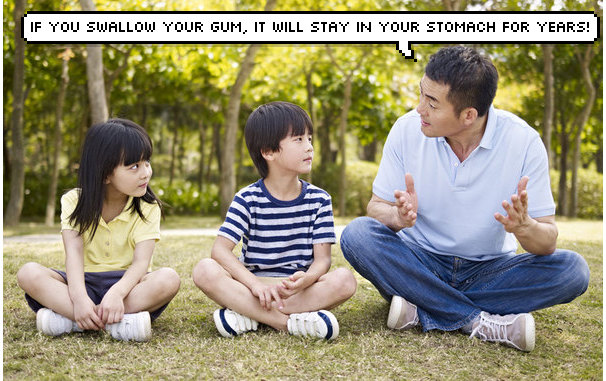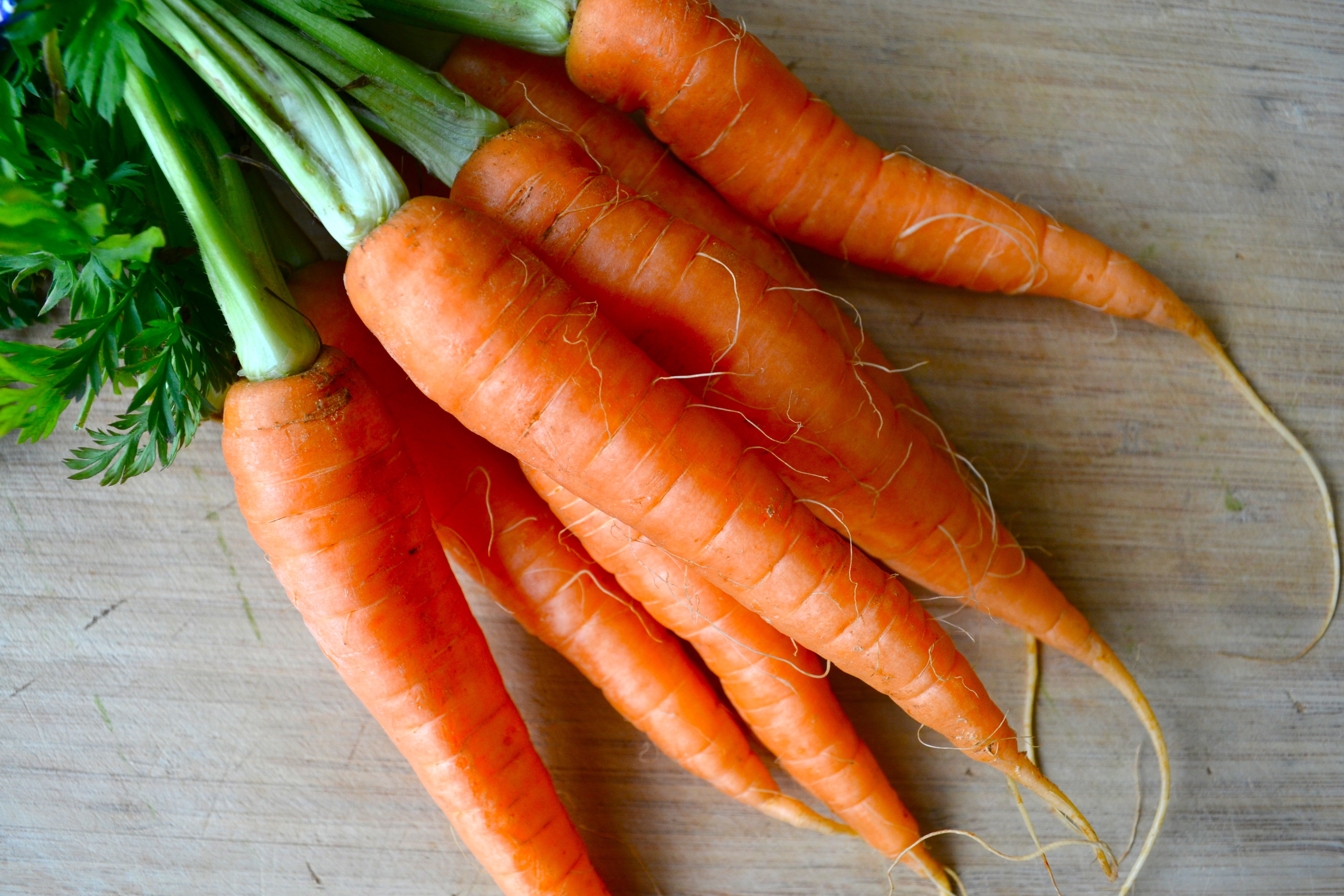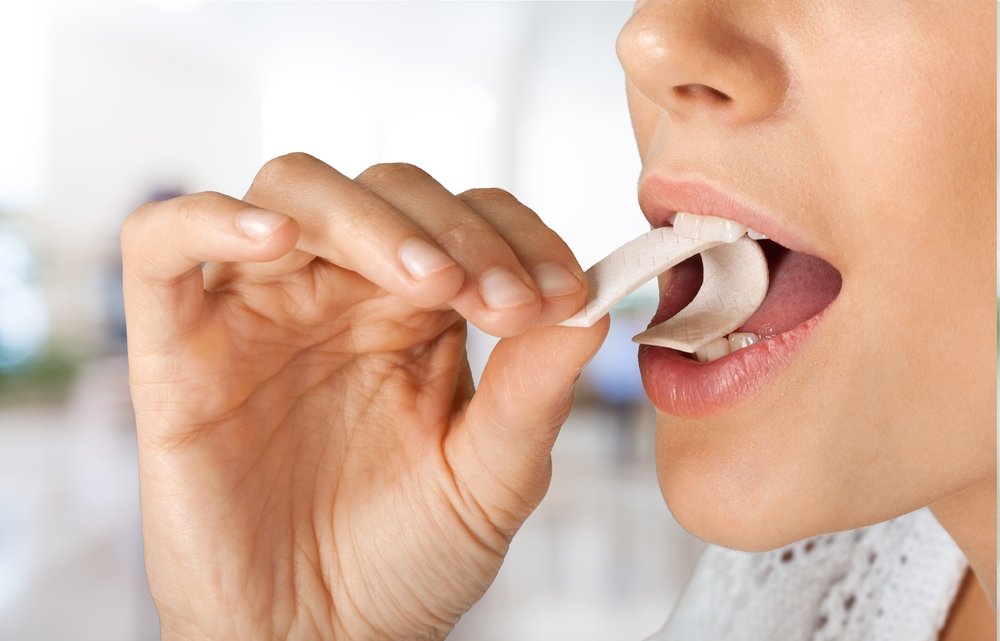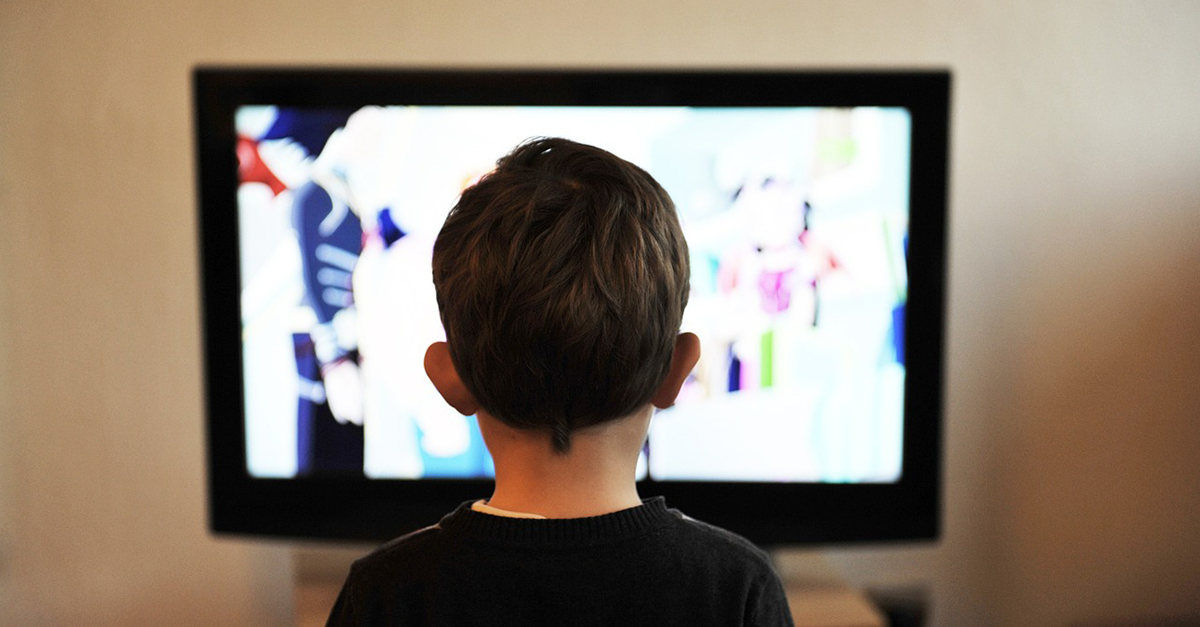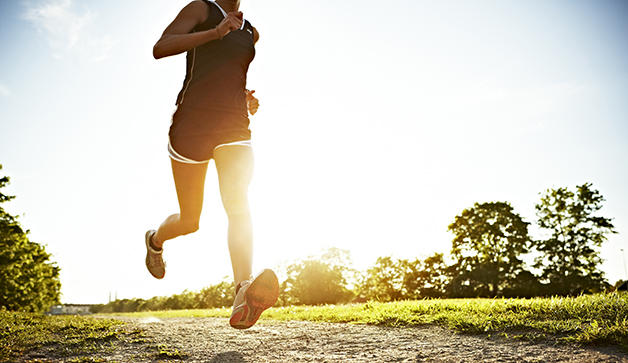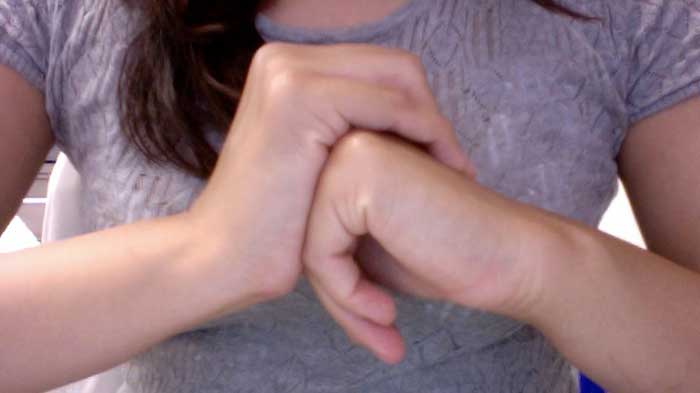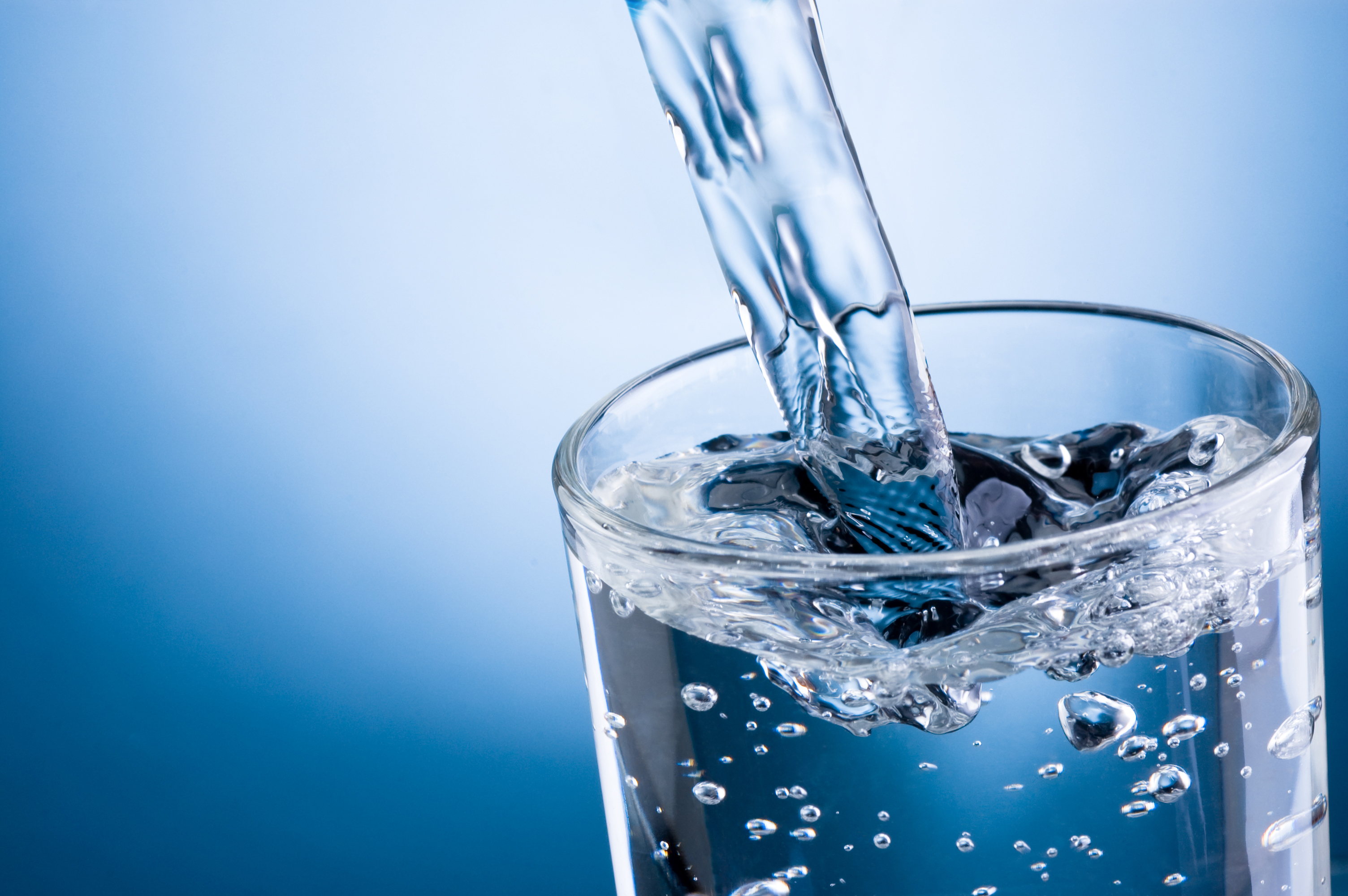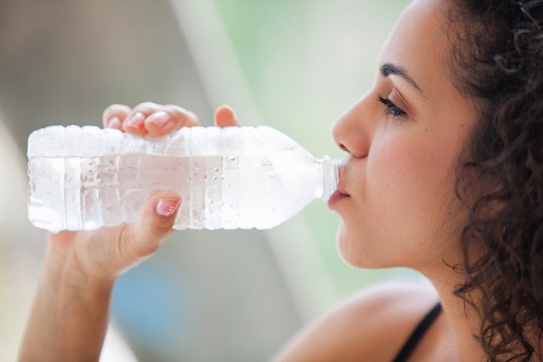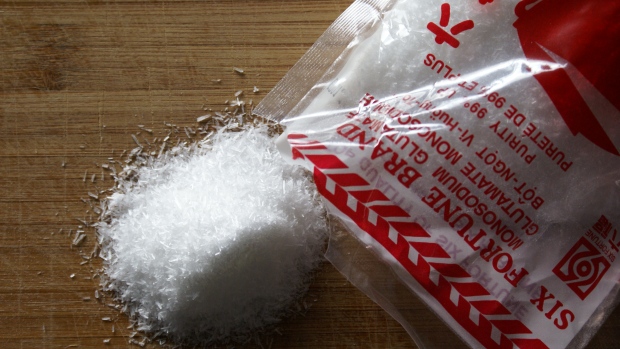9 Health “Facts” Your Parents Told You That Are Not Actually True
Sorry, dad and mum.
Are you still heeding the health advice your parents or grandparents gave you?
As a child, you may have noticed that one of your favourite teachers on your health and body were your elders.
But as you get older and start to learn and read new things, you slowly began to realise they were not entirely right about everything, especially when it comes to health advice.
Of course, your parents meant well and they probably got them from their own parents. But it's time to set the record straight and debunk some of these "facts":
MYTH #1: Carrots can help correct your vision
Believe it or not, this was a British World War II propaganda which has persisted till now.
To hide the fact that they had developed radar technology, the British Ministry of Information spread the myth that carrots were the secret to their fighter pilots developing "night vision" and being able to shoot down German aircraft at night.
Carrots contain beta-carotene, which is absorbed by the body and turned into vitamin A, an essential vitamin that is good for our skin and immune system. It is also great for your eyes. But it doesn't help to correct near-sightedness, or help people see in the dark, as some have claimed.
MYTH #2: Don’t swallow chewing gum because it won’t digest
As children, we’re told we mustn't swallow chewing gum because it will take years to digest. We were led to believe that it will lie there in your stomach till the end of time, oblivious to the usual bodily processes that break down and process foods.
Yes, while the gum base cannot be broken down, it will travel through your system in a matter of two to four days.
MYTH #3: Sitting too close to the television will damage your vision
Most of us would be familiar with our parents telling us off for sitting too close to the TV for fear that we'd end up with poor vision.
Well, it may give you a headache, but it's certainly not going to impair your vision.
While sitting close to the TV may not make a person nearsighted, the reason they feel the necessity to sit in such close proximity may be because they are nearsighted and undiagnosed.
MYTH #4: Eating ice cream will make your cold worse
Don't say goodbye to your salted caramel ice cream just yet.
You might have been told that you should not eat ice cream when you have a cold, the main reason is that the ice cream will "chill" your body and slow down recovery.
But Dr Morgan Jenkins, a resident doctor at Raffles Medical Hong Kong, said there is simply no reason for you to avoid ice cream when you have a cold.
"It is tempting to think that the strength of your immune system alters the course and duration of the common cold or influenza, but evidence for this belief is also lacking," he said.
MYTH #5: You will get appendicitis from exercising after a meal
Appendicitis is an inflammation of the appendix, a finger-shaped pouch that projects from your colon on the lower right side of your abdomen.
It occurs when the appendix becomes blocked, often by stool, a foreign body, or cancer. The blockage may also occur from infection since the appendix can swell in response to any infection in the body.
Doctors have yet to find any evidence that suggests it is associated with jumping around or exercising after eating.
MYTH #6: Cracking your knuckles causes arthritis
The fascination with knuckle cracking often starts at an early age. Kids think it’s cool to hear that popping and cracking sound that emanates from their joints when they bend and twist them.
But our parents cringe at the sound, adamantly proclaiming this will lead to arthritis or other joint problems later in life.
However, a study by Harvard Medica School says this just isn’t so. The "pop" of a cracked knuckle is caused by bubbles bursting in the synovial fluid - the fluid that helps lubricate joints.
While habitually cracking your knuckles doesn't cause arthritis, it's still a good idea to give up the habit. Chronic knuckle-crackers were more likely to have swollen hands and reduced grip strength.
MYTH #7: You need to drink eight glasses of water to stay hydrated
Sorry mum, but not really.
There isn't a set amount of water all humans need to drink. Each person's water needs differ. Generally, if you drink enough fluid so that you rarely feel thirsty and your urine is colourless or light yellow, you should be good.
Remember that there are also plenty of places to get water, your daily dose of coffee, milk, and juice beverages do contribute to your daily water intake.
MYTH #8: Drinking cold water after a meal is bad for you
The myth suggests that drinking cold water after meals will cause the oils and fats that you have just consumed to become solid. This "sludge" is supposed to react with the acid in your digestive system, line the intestines, turn into fat, and cause cancer.
Popular fact-checking website Snopes challenged the myth and found that there is no correlation between drinking cold water and developing terminal illnesses.
MYTH #9: MSG is bad for your health
Monosodium glutamate, or MSG, has a sordid past. Many look at MSG as anything from a dietary problem to a silent killer. In reality, if MSG poses a problem it doesn’t stem from the flavour enhancer itself, but on the consumer.
The people at American Chemical Society says MSG can temporarily affect a select few when consumed in huge quantities on an empty stomach, but it's perfectly safe for the vast majority of people.
Like many things, moderation is key here.
